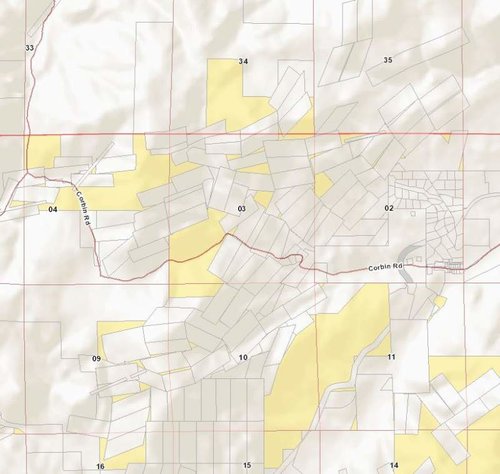PAGOAT
Active member
First please don't attack me as I'm trying to learn more on the public land transfer to private but in Wyoming I found there is a #&%^ ton of "public" land that you or I can not get to without paying a trespass fee or an outfitter to access the land we pay for.. "landlocked" Why not sell that land off so the states get property tax paid on ground that really is not public and if outfitters want to use it they can pay the owner and not use it on our dime ? I'm not trying to stir up trouble just a question I've wondered for 2 years now... Thanks





